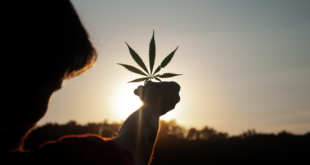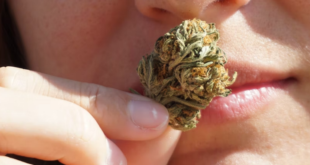
Residents of Illinois have petitioned the state in an attempt to get them to add more than 20 new medical conditions to the state’s medical marijuana program. Some of the conditions include anxiety, migraines, insomnia and post-traumatic stress disorder (PTSD).
“I am a Vietnam vet and can only imagine how things would have been,” wrote a petitioner for PTSD. “While visiting in Colorado I had the benefit of trying cannabis in candy form…. and I felt wonderful. No thoughts of violence, self-deprecation, or hopelessness. My life would be different today.”
Marijuana is legal for medical purposes in 23 states and the District of Columbia. California, where medical marijuana laws are more lenient, doctors recommend marijuana for a wide range of conditions, including arthritis, migraines and “any other illness for which marijuana provides relief,” according to the wording in the 1996 ballot initiative that made California the first state to legalize medical marijuana.
Illinois law lists dozens of qualifying conditions for medical marijuana, but most if which are very serious conditions, such as cancer, multiple sclerosis and AIDS. Illinois residents and the marijuana industry want Illinois to have a less restrictive medical marijuana program so that more people can obtain marijuana to help with their medical ailment(s).
The Illinois Department of Public Health must approve any additions to the list. An advisory board made up of patients, nurses, doctors and a pharmacist is reviewing the petitions and will make a recommendation after holding a public hearing May 4. People can submit petitions twice annually, in January and July. At those times, ILmmj.com will be posting an article with a link so people can submit petitions.
A doctor from the advisory board said they will be “cautious and conservative” as they view research studies, the severity of the illnesses, alternative remedies available, and what other states’ medical marijuana programs are doing.
 Nevada Marijuana | NV Marijuana Nevada Marijuana News and Info
Nevada Marijuana | NV Marijuana Nevada Marijuana News and Info





